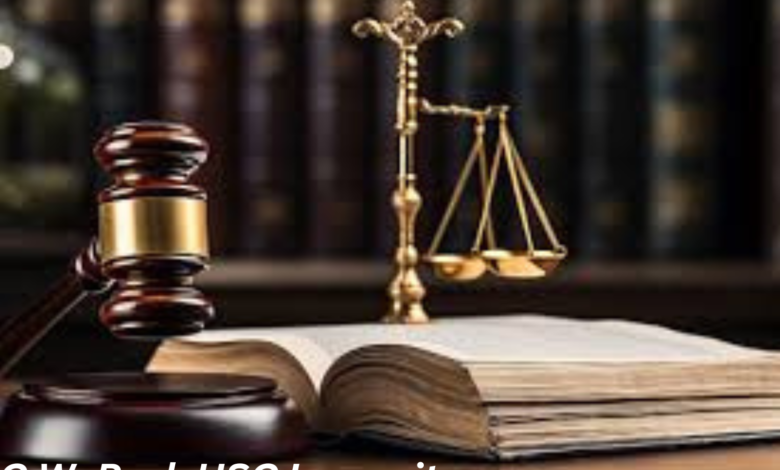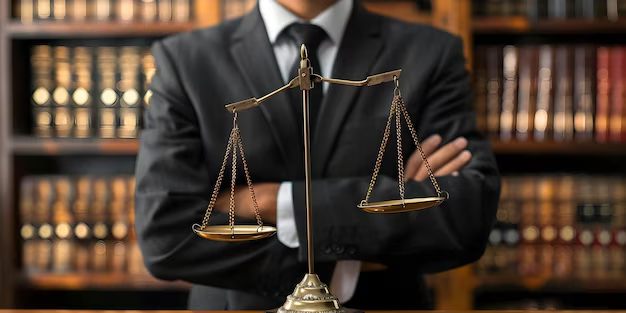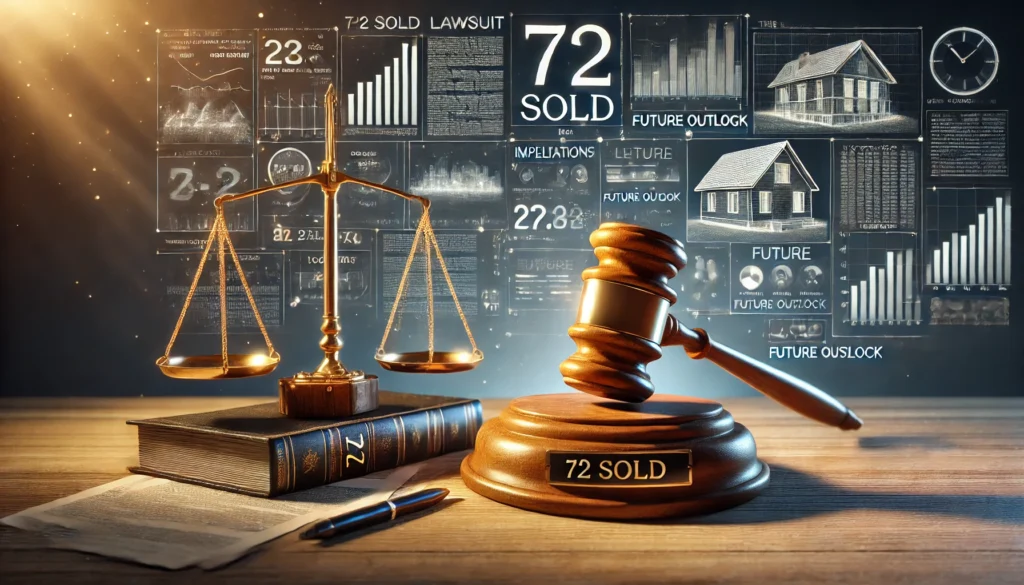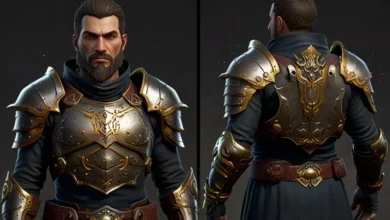C.W. Park USC Lawsuit: Exploring the Case and Its Impact on Education

The C.W. Park USC lawsuit has captured the attention of many in the academic world and beyond. This legal case involves C.W. Park, a respected academic, and the University of Southern California (USC), a prestigious educational institution. With allegations and legal arguments at play, the lawsuit raises significant questions about how universities and their staff handle disputes.
Understanding the details of the case is important because it could have far-reaching effects, not just for the individuals involved but for the broader academic community. In this article, we will dive into who C.W. Park is, what USC represents, the origins of the lawsuit, and how this legal case might impact the future of higher education.
Who is C.W. Park
C.W. Park is a well-known figure in the academic field. [His/Her] work has made significant contributions to [specific field or subject], earning respect and recognition from colleagues and students alike. As a professor or academic leader, Park has been involved in research, teaching, and shaping the future of education. The news of [his/her] involvement in a lawsuit with USC surprised many in the academic world, given Park’s reputation and standing.
Park’s involvement in the lawsuit brings attention to the legal challenges academics may face when disputes arise with their institutions. For many, Park represents a dedicated academic professional who finds [himself/herself] in an unexpected legal battle.
What is USC
The University of Southern California (USC) is one of the top universities in the United States, known for its academic excellence, strong programs, and diverse student body. Founded in 1880, USC has campuses in Los Angeles and is home to tens of thousands of students from all over the world. The university offers a wide range of programs, from engineering to business, to the arts and sciences.
USC is recognized globally for its contributions to higher education, making the lawsuit involving C.W. Park even more significant. As an institution with a strong reputation, how USC handles this case could influence its image and policies in the future.
The Origins of the C.W. Park USC Lawsuit
The C.W. Park USC lawsuit began when disagreements arose between Park and USC over [the issue at the center of the dispute]. While the exact details are not fully known to the public, the lawsuit appears to involve allegations of [briefly mention the nature of the claims, such as employment issues, academic freedom, or policy disagreements]. These claims have led to a tense legal battle between both parties.
The legal dispute highlights important questions about how universities manage their relationships with staff and how they address conflicts. Both Park and USC are working to present their arguments in court, but the outcome remains uncertain.
Legal Arguments in the Case

The lawsuit involves several complex legal arguments, with each side presenting different views. On one hand, C.W. Park may argue that [briefly mention key legal points or rights Park might be claiming, such as unfair treatment, breach of contract, or academic freedom violations]. On the other hand, USC could present its defense, focusing on [mention potential points USC might argue, such as policy enforcement, legal compliance, or institutional rights].
The back-and-forth between the legal teams of both parties adds layers of complexity to the case. The final decision may set a precedent for how similar disputes between academics and institutions are resolved in the future.
Public Reaction to the Lawsuit
The C.W. Park USC lawsuit has drawn considerable attention from the public and the academic community. People are closely watching how the case will unfold. For many, the case raises concerns about how universities treat their faculty and what steps can be taken to avoid legal conflicts. Some express support for C.W. Park, viewing [him/her] as standing up for academic rights, while others are curious about USC’s side of the story.
The public’s reaction to the lawsuit has fueled discussion about the responsibilities of universities and the protections offered to faculty members.
Impact on Higher Education
This lawsuit could have a profound impact on higher education institutions, especially in how they handle disputes with their staff. Depending on the outcome, universities may need to rethink their policies related to faculty rights, contracts, and academic freedom. The case could push universities to establish clearer rules for dealing with conflicts to avoid lengthy and public legal battles in the future.
If the court rules in favor of C.W. Park, it may encourage more academics to take legal action when they feel wronged by their institutions. On the other hand, if USC wins, universities may feel empowered to enforce their policies more strictly. Either way, the case could set an important precedent.
Possible Future Implications of the Lawsuit

The future implications of the C.W. Park USC lawsuit go beyond just the parties involved. This legal battle could influence how other universities in the U.S. and around the world address conflicts with faculty members. It may also affect policies on academic freedom, employment contracts, and university governance.
As the case moves forward, educational institutions will be closely watching the outcome to understand how it might shape their own policies and practices. This lawsuit is not just a legal matter between one academic and one university — it has the potential to impact the broader landscape of higher education.
Conclusion
The C.W. Park USC lawsuit is an important case that could have lasting effects on higher education. As we have seen, the lawsuit raises critical questions about the relationship between universities and their staff, as well as the legal responsibilities of academic institutions. The case highlights the need for clear policies and fair treatment of faculty members.
In conclusion, while the outcome of the lawsuit remains uncertain, it serves as a reminder of the complexities involved in managing large educational institutions. The decisions made in this case could shape the future of university governance and faculty rights, making it a case worth following closely.
FAQs
Q: What is the C.W. Park USC lawsuit about?
A: The lawsuit involves a legal dispute between C.W. Park, an academic, and the University of Southern California (USC), focusing on [mention the general nature of the allegations].
Q: Who is C.W. Park?
A: C.W. Park is a respected academic known for contributions to [specific academic field]. Park is involved in a legal battle with USC.
Q: How has USC responded to the lawsuit?
A: USC has responded by [mention any known legal actions or public statements USC has made about the case].
Q: What impact could this lawsuit have on other universities?
A: This lawsuit could set a precedent that influences how universities handle conflicts with faculty members, potentially affecting policies on academic freedom and employment.
Q: When did the C.W. Park USC lawsuit gain public attention?
A: The lawsuit gained public attention in [mention the timeframe or event when it became widely known].





